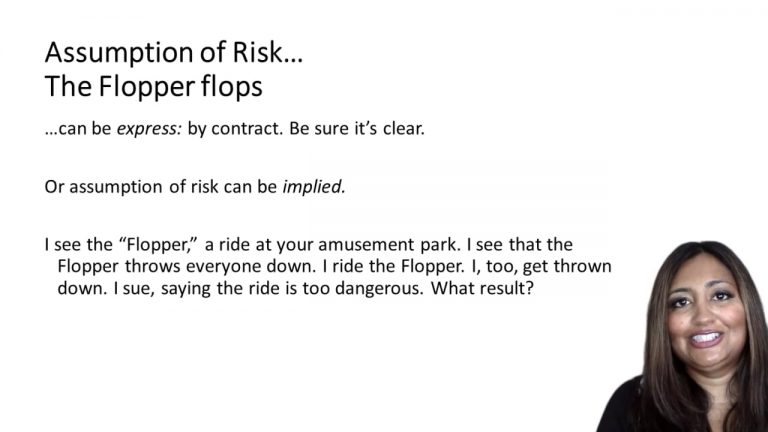SmartBrief
Confirm favorite deletion?
Torts Keyed to Duncan
Wirtz v. Gillogly
Citation:
152 Wash. App. 1, 216 P.3d 416 (2009)Facts
Dennis Gillogly (defendant) asked his friend Robert Wirtz (plaintiff) to help him fell trees on his father’s, David Gillogly (defendant), property and the plaintiff agreed. The defendant was familiar with tree felling but the plaintiff was not. The plaintiff declined a hardhat when the defendant offered one. After several days of observing the defendant cut the trees, the plaintiff agreed to operate a ratchet to keep a cable taught around one of the trees so it would fall in the right direction. During the cutting process, the tree trunk split. The defendants discussed what to do next and told the plaintiff he could stop participating if he was worried before continuing cutting into the tree. The plaintiff did not leave. Part of the tree broke and hit the plaintiff in the head. The plaintiff sued the defendants for negligently allowing him to remove trees without safety equipment, without offering safety equipment, creating a dangerous condition of their property, failing to exercise ordinary care for him, and failing to provide him with tree removal training. The defendants’ moved for summary judgment on grounds of implied assumption of risk.
Only StudyBuddy Pro offers the complete Case Brief Anatomy*
Access the most important case brief elements for optimal case understanding.
*Case Brief Anatomy includes: Brief Prologue, Complete Case Brief, Brief Epilogue
- The Brief Prologue provides necessary case brief introductory information and includes:
Topic:
Identifies the topic of law and where this case fits within your course outline.Parties:
Identifies the cast of characters involved in the case.Procedural Posture & History:
Shares the case history with how lower courts have ruled on the matter.Case Key Terms, Acts, Doctrines, etc.:
A case specific Legal Term Dictionary.Case Doctrines, Acts, Statutes, Amendments and Treatises:
Identifies and Defines Legal Authority used in this case.
- The Case Brief is the complete case summarized and authored in the traditional Law School I.R.A.C. format. The Pro case brief includes:
Brief Facts:
A Synopsis of the Facts of the case.Rule of Law:
Identifies the Legal Principle the Court used in deciding the case.Facts:
What are the factual circumstances that gave rise to the civil or criminal case? What is the relationship of the Parties that are involved in the case.Issue(s):
Lists the Questions of Law that are raised by the Facts of the case.Holding:
Shares the Court's answer to the legal questions raised in the issue.Concurring / Dissenting Opinions:
Includes valuable concurring or dissenting opinions and their key points.Reasoning and Analysis:
Identifies the chain of argument(s) which led the judges to rule as they did.
- The Brief Prologue closes the case brief with important forward-looking discussion and includes:
Policy:
Identifies the Policy if any that has been established by the case.Court Direction:
Shares where the Court went from here for this case.

 2m 54s
2m 54s